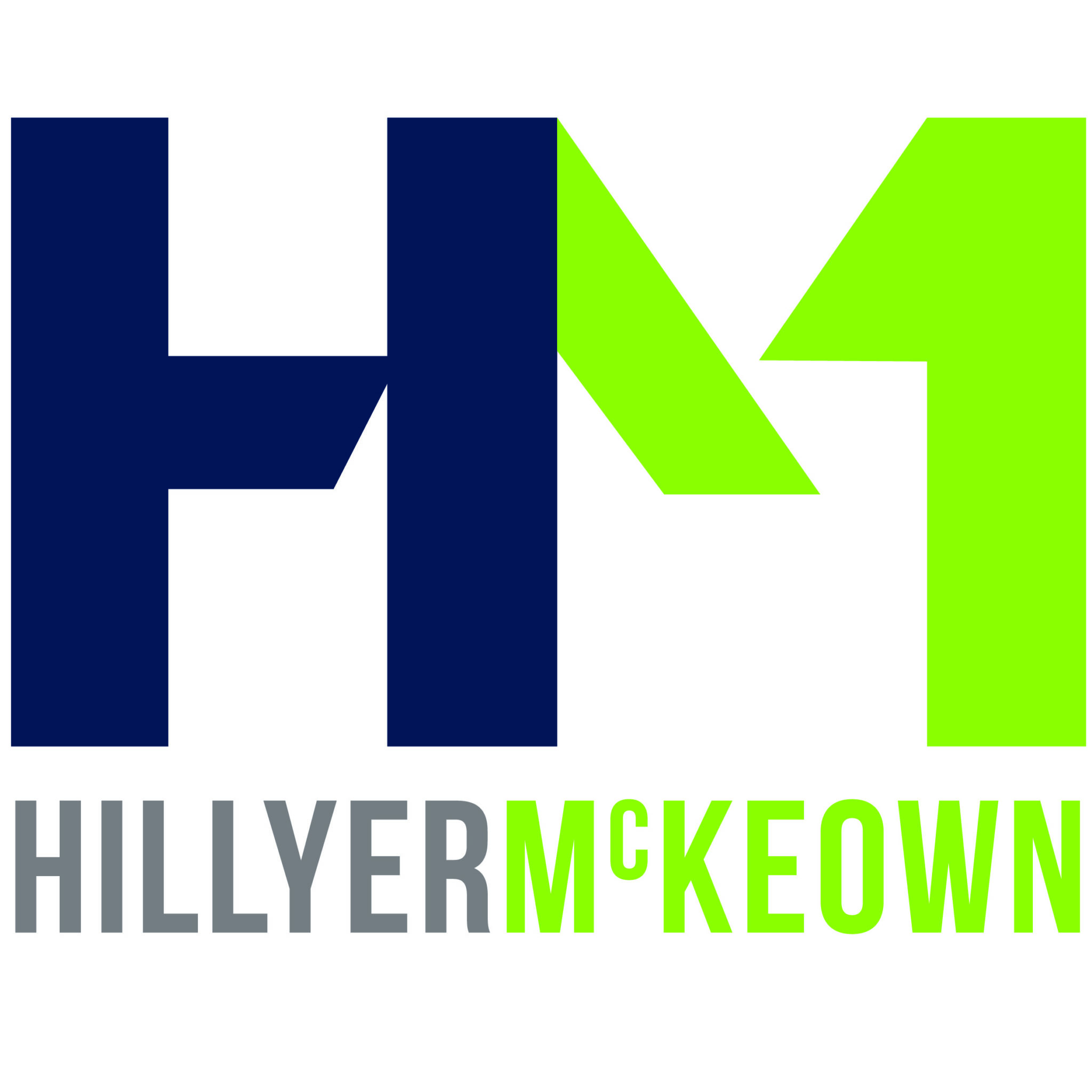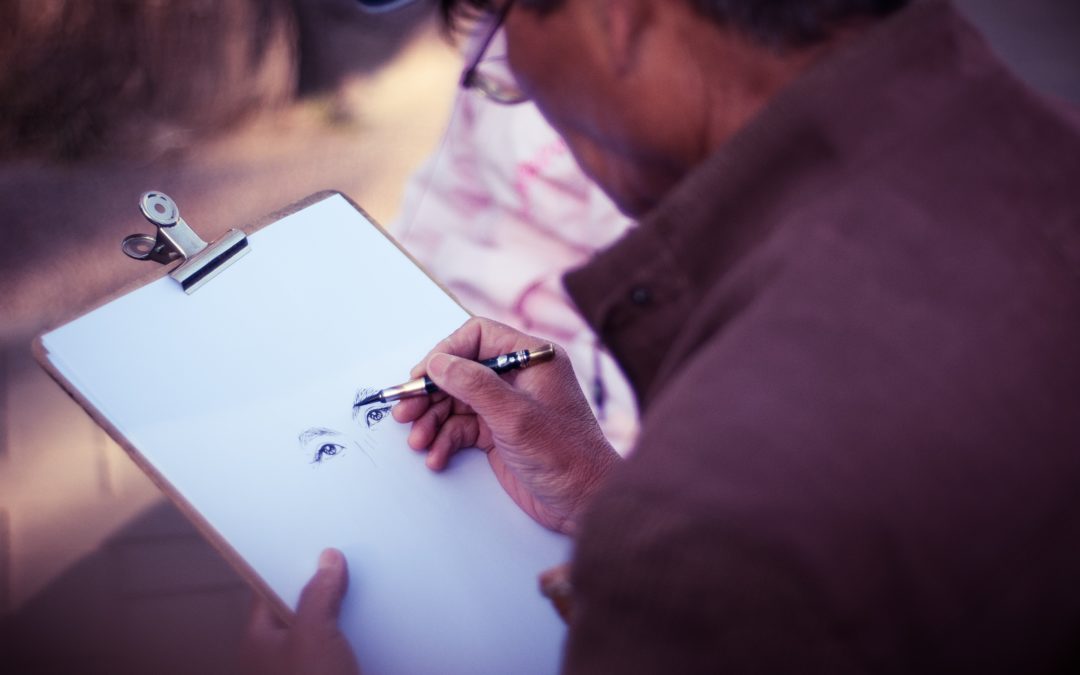You’re proud of your latest work which is original, expressive, and sure to sell. So, what happens if someone else copies it and sells the copies?
Recently, we heard of one such situation whereby an artist sold their work to a close associate who then went on to copy the original painting to sell for a cheaper price. We understand the resulting helpless feeling, added to frustration as the artist realises their art has basically be stolen.
This article covers where you legally stand, the next steps to take, and tips on what to do to protect yourself from this happening to you.
What is illegal and what is just bad form?
If you copy another artists’ work it is illegal to sell it as your own without permission from the original artist as this would infringe their copyright. That all sounds straightforward, but it is not as clear cut as it seems. There are variables such as:
- It being illegal to present artwork as being an original without referencing the work you copied.
- Possible grey areas surrounding appropriation, imitation, plagiarising or copying a style, or part of (and not the whole of) a painting.
- The fact that copyright varies between countries and states, as is the case in the US.
- Some areas also consider copying highly unethical which might lead to reputational damage
5 considerations if you believe a copycat artist is acting illegally
- Did this buyer or individual copy your exact piece of artwork?
You are unable to copyright particular artistic styles, subjects or ideas etc, only final pieces of work that are your own. Many artists are inspired by others, without showing heavy influence or blatant copying.
- Has your work been copied detail by detail for selling?
In which case, begin by gathering information such as did they buy your work before copying it? If this is the case, do you have a record of the purchase? It gets trickier when work published online is copied.
- What is the relationship you have with the person plagiarising your painting?
If you know them well you might decide to have a relaxed chat to ask them to stop copying and selling your work as their own (or give them written permission to do so).
Or if you do not know them well you can still have a similar exchange, being clear about the situation, asking them to stop selling copies of your work without your permission (or giving them permission providing they are referencing yours as being the original).
- How many pieces of work they have copied from you?
If you work through 1, 2, 3 above and they continue selling copies of your work, then there could be grounds for challenging this serial plagiarist – providing you can prove your paintings were the originals (more about this below).
- Can you determine how much profit they might have made from the plagiarised work?
Number 2 would be helpful to know if approaching the copycat creator.
When should you consider taking legal action?
If the above points apply and the copycat artist is making substantial profits for themselves, you should consider taking legal action.
Robin Gill, Partner at Hillyer McKeown Solicitors (HM), says:
‘Original work created by you is your intellectual property and so automatically attracts copyright protection upon its creation. Copyright itself is not capable of registration in the same way as a design, trademark, or patent in the UK.
Copyright in artistic work lasts for 70 years from the end of the year in which the originator dies. An exception to copyright ownership is work solely computer-generated – as it would be created without the artist behind it!
When looking at copyright infringement, the commercial team at HM will review the circumstances and give the best advice about enforcement. Of vital importance is evidence for the date of creation and who has created the work. There are three key steps an artist can take:
- Photographing their work.
- Signing their work.
- Using the © motif and the date to assert copyright ownership and to deter potential copycats.’
Confronting copycats
Are you in a situation where you believe someone is acting illegally as described above? Please have a free conversation with the friendly team at HM to see where you stand. If you then wish to take legal action, they can provide advice and also act on your behalf.
If you make a legal claim, and blatant plagiarism is proven you might be entitled to collect the profit the offender made from your artwork, as well as ‘statutory damages’ that could total much more.
How to protect original work
These tips are not foolproof in a world where images are so freely available in seconds, though they are recognised as best practice.
- Sign your work (front and back to be thorough).
- Keep records and digital copies of your work – metadata records the creation date of the image.
- Add a copyright symbol to digital copies plus the date, your name, the title of the work.
- Watermark the photos before loading online.
- Consider uploading low-resolution photos only.
- Read the terms and conditions of each social media platform before posting images.
For legal advice, please contact Robin and the HM team for a free discussion about your situation by email or call 01244 318131.
Further reading
Click here for more about UK copyright protection.
Information is correct at the time of writing.


